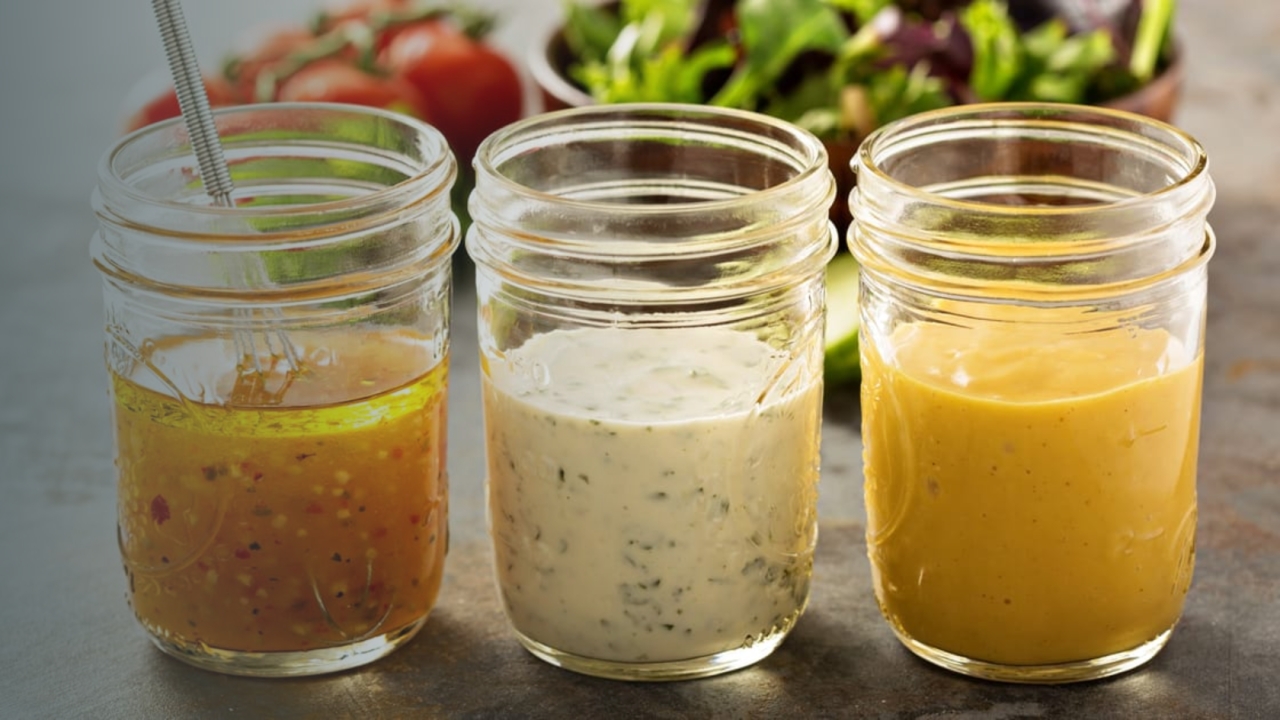How Emulsifiers Drive Quality Control in Manufacturing
How Emulsifiers Drive Quality Control in Manufacturing
Blog Article
The Science Behind Emulsifiers and Their Value in Modern Production
Emulsifiers play an essential function in modern-day production, acting as the unsung heroes that blend oil and water for a wide array of products. As consumer preferences shift in the direction of cleaner labels, the demand for ingenious emulsifiers is expanding.
What Are Emulsifiers?
Emulsifiers are vital representatives in the globe of food and product manufacturing, working as the glue that binds 2 otherwise immiscible liquids, like oil and water. You may not realize it, but these substances play an important function in producing secure combinations. They decrease the surface area tension in between these fluids, permitting them to blend seamlessly. Typical examples consist of lecithin located in egg yolks and soybeans, and mono- and diglycerides made use of in numerous processed foods.

When you whip up a salad dressing or indulge in a velvety treat, emulsifiers help maintain that perfect appearance. Without emulsifiers, lots of foods would separate, leading to undesirable appearances and tastes.
The Chemistry of Emulsification
When you mix oil and water, you could notice they do not blend conveniently; that's where the chemistry of emulsification comes right into play. To overcome this obstacle, emulsifiers are used.
These particles have a hydrophilic (water-attracting) head and a hydrophobic (water-repelling) tail. When you include an emulsifier, its particles place themselves at the oil-water interface, lowering surface area stress and allowing the beads to blend. The emulsifier forms a safety layer around each droplet, avoiding them from integrating back right into different layers. Understanding this chemistry is crucial for achieving security in products like dressings, creams, and sauces, making emulsification essential in modern-day manufacturing.
Sorts Of Emulsifiers
Various types of emulsifiers play necessary functions in supporting mixes of oil and water. Natural emulsifiers, like lecithin from egg yolks or soy, are obtained from plants and animals, making them prominent in food products.
On the various other hand, artificial emulsifiers, such as mono- and diglycerides, are chemically crafted to boost stability and service life. They're frequently made use of in processed foods and cosmetic items.
In addition, you might encounter non-ionic, anionic, and cationic emulsifiers, each with special residential or commercial properties that influence their efficiency. Non-ionic emulsifiers, for instance, job well in a large range of pH levels, while anionic emulsifiers often tend to perform much better in alkaline conditions. Understanding these kinds can help you choose the appropriate emulsifier for your particular application.
Devices of Emulsion Formation
Recognizing how emulsions create is crucial for creating steady mixes of oil and water. When you introduce an emulsifier, it reduces the surface area tension in between the two fluids, enabling them to blend more quickly.
The emulsifier molecules have a hydrophilic (water-attracting) head and a hydrophobic (oil-attracting) tail. When you add an emulsifier, these molecules prepare themselves at the oil-water interface. The hydrophilic heads engage with water, while the hydrophobic tails anchor right into the oil. This creates a barrier that stabilizes the droplets, preventing them from integrating.
Applications of Emulsifiers in Numerous Industries
Emulsifiers play a vital duty throughout various industries, making your favorite foods smoother and a lot more delightful. In cosmetics, they enhance product structure and security, making certain an enjoyable application experience. Plus, in drugs, they aid provide important components efficiently, enhancing overall efficiency.
Food Industry Makes Use Of
While you could not understand it, emulsifiers play a vital role in the food industry, improving the texture, stability, and rack life of numerous items. In baked products, emulsifiers enhance dough handling and maintain wetness, resulting in a much better texture and prolonged freshness. By ensuring harmony and quality, emulsifiers are substantial to delivering the scrumptious products you appreciate every day, making them a crucial ingredient in modern-day food manufacturing.
Cosmetic Formulations Advantages
When it involves aesthetic formulas, emulsifiers are vital for developing products that feel lavish and perform successfully. They aid mix oil and try these out water, guaranteeing a smooth and stable uniformity in lotions, creams, and serums. You'll see that emulsifiers boost product security, protecting against splitting up and extending service life. This suggests you can appreciate your favored moisturizer without worrying about it spoiling as well rapidly. Additionally, emulsifiers improve the application experience, enabling even circulation and much better absorption right into the skin. By utilizing emulsifiers, you also achieve a more enticing appearance, see making your cosmetics feel delightful on your skin. Overall, emulsifiers play a vital duty in supplying high-quality cosmetic items that fulfill your appeal needs.
Pharmaceutical Applications Review
In the pharmaceutical market, emulsifiers are necessary for formulating reliable medications. You'll find emulsifiers in numerous dose types, like creams, lotions, and fluid suspensions, improving the bioavailability of medicines.
The Effect of Emulsifiers on Item High Quality

By making certain steady emulsions, you lower the threat of putridity and prolong service life, eventually saving you money and time. You'll also discover that emulsifiers can boost the bioavailability of active components in your products, making them much more reliable for customers.
Additionally, they enable you to create innovative formulations that fulfill varied consumer needs. Whether you're crafting a luscious clothing or an extravagant lotion, emulsifiers are essential for achieving the wanted results. Basically, by comprehending and leveraging the influence of emulsifiers, you can substantially raise the quality of your products.
Future Trends in Emulsifier Advancement
As the demand for cleaner tags and lasting items climbs, the advancement of new emulsifiers is established to evolve considerably. You'll discover a change in the direction of plant-based and natural emulsifiers, driven by customer preferences for components that are eco-friendly and less processed. Innovations in biotechnology will likely improve the functionality and performance of these emulsifiers, allowing suppliers to develop secure solutions with fewer ingredients.
You might additionally see an increase in multifunctional emulsifiers that not only stabilize solutions however also improve taste, appearance, or nutritional worth. This trend could simplify component listings while enhancing item performance.
Furthermore, with developments in nanotechnology, emulsifiers could be engineered at the molecular degree to achieve unprecedented stability and performance. Emulsifiers. As you explore these patterns, you'll discover that the future of emulsifier development is not nearly functionality, but likewise about accepting sustainability and transparency in ingredients
Frequently Asked Concerns
Are Emulsifiers Safe for Consumption in Food Products?
Yes, emulsifiers are normally secure for intake in food products. They've been extensively researched and approved by food security authorities, so you can enjoy your favored foods without stressing over their effect on your health and wellness.
Can Emulsifiers Be Derived From Natural Sources?
Yes, you can acquire emulsifiers from natural important site sources. Ingredients like lecithin from egg yolks or soybeans and casein from milk prevail. These all-natural emulsifiers assist stabilize mixes without artificial ingredients, making them prominent in numerous items.

How Do Emulsifiers Affect Shelf Life of Products?
Emulsifiers stabilize blends, avoiding splitting up and spoilage - Emulsifiers. By maintaining harmony, they prolong products' shelf life, making certain quality and quality. You'll observe that emulsifiers aid maintain your favorite foods and cosmetics performing more than time
What Are Prospective Negative Effects of Emulsifiers?
You might experience digestive concerns when consuming products with emulsifiers, as they can interrupt intestine microorganisms. Some research studies recommend possible links to inflammation or allergies, yet extra research study is needed to fully recognize these effects.

Are There Alternatives to Traditional Emulsifiers?
Yes, there are options to conventional emulsifiers. You can check out alternatives like natural periodontals, starches, or lecithin. Each alternate deals special buildings, so experiment to locate what jobs best for your particular application.
Report this page